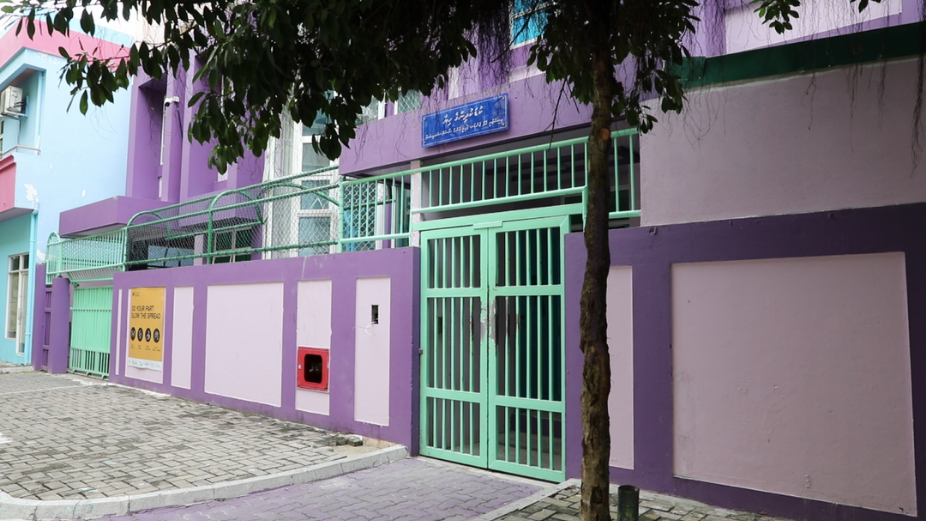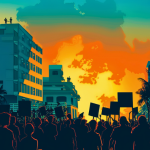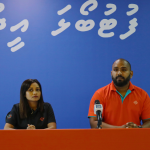Local child rights NGO, Advocating the Rights of Children (ARC) has expressed great concern regarding recent developments in children’s Shelter Kudakudhinge Hiya in Vilingili and Home for Persons with Special Needs (HPSN) in Guraidhoo.
Recent events at Kudakudhinge Hiya are a culmination of a series of issues, including the failure to adequately manage the Shelter and address the needs of children, which have been further exacerbated by the Covid-19 pandemic. ARC has brought several of these issues to the attention of state agencies as well as independent institutions on various occasions since 2020.
ARC states that it is further alarmed by some of the statements in the media, in which children are blamed for recent developments; while failing to mention the root causes and systemic failure to protect the rights of these children, which has eventually led to the deterioration of the situation to what it is now.
ARC also notes with great concern, recent statements by persons in responsible positions and the media, whereby the reason for placement of children under State care has been forgotten, and children at Kudakudhinge Hiya have been referred to and falsely labeled as children in conflict with the law. Children living in Kudakudhinge Hiya are victims of extreme abuse, neglect and exploitation who are placed under state care for protection as they have no other means of primary care. Any misbehaviour they may demonstrate is a manifestation of the trauma they have experienced and are going through and therefore all interventions targeted at any misbehaviour must focus on their protection needs, including providing professional help, guidance, counselling and other support services.
Furthermore, ARC is concerned that there have been reports of no efforts being made to engage children in Kudakudhinge Hiya who are not attending school, limiting them of the full right to education; and that they are not consulted on major decisions regarding their lives, depriving them of the full right to have their views heard on matters that affect them.
ARC is also aware that some of the children taken to state care from situations of abuse, violence and neglect are temporarily placed in Family and Children Service Centres (FCSCs) in islands, without access to education until a more permanent solution could be arranged. However, such “temporary placements” at times takes months, disrupting their education and limiting their basic rights.
While the recent transfer of children from Kudakudhinge Hiya and Fiyavathi to Aman Hiyas or Safe Homes in Family and Children’s Service Centres (FCSCs) in different Atolls is a welcome change, ARC is also aware that a lot of these transfers have taken place without adequate preparations of both the children and care workers, as well as the communities, and with no plans for the continuation of specialist services that some of these children require. ARC further notes with concern that some of these children have been moved from one island to another on several occasions, making their lives unstable and is clearly not in the best interest of the child.
ARC is also deeply troubled by reports of the situation in HPSN in K. Guraidhoo, which currently also houses children. ARC calls on the state to ensure that these children’s rights are protected and provided with access to adequate health services and support.
ARC has been conducting several educational and recreational programmes for children and capacity-building trainings for staff since 2010; however, ARC has not been able to access the shelters since the beginning of Covid-19 lockdown measures in March 2020.
ARC notes that it is an explicit duty of the state to protect the rights of children in its care and ensure their safety and well-being; and condemns these recent developments in the strongest terms. ARC would also like to highlight the fact that the children under State care are victims of abuse, violence or neglect, and appeals to all institutions, media, and the community to show understanding, empathy and compassion in situations involving these children.



















